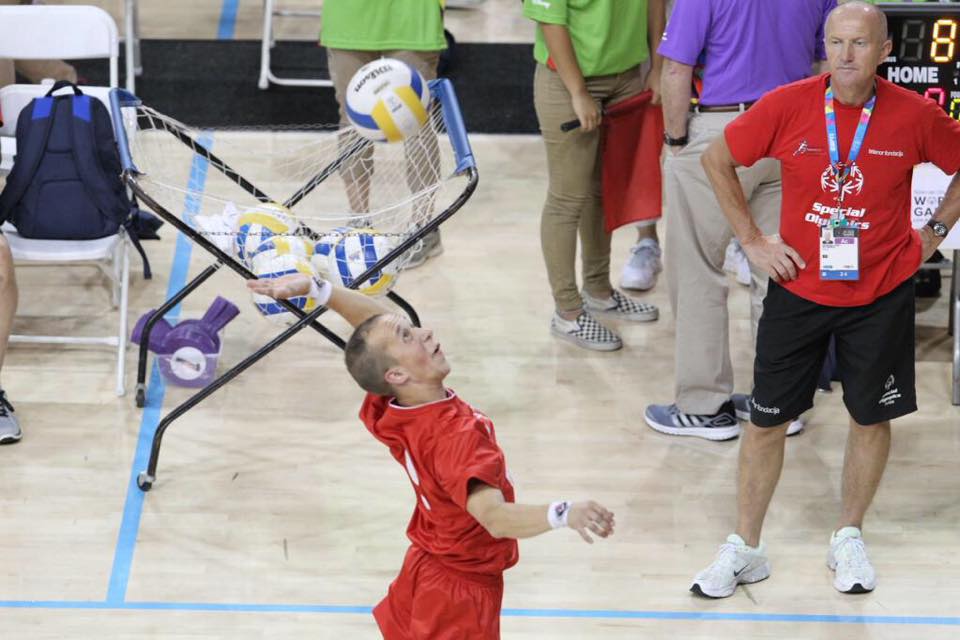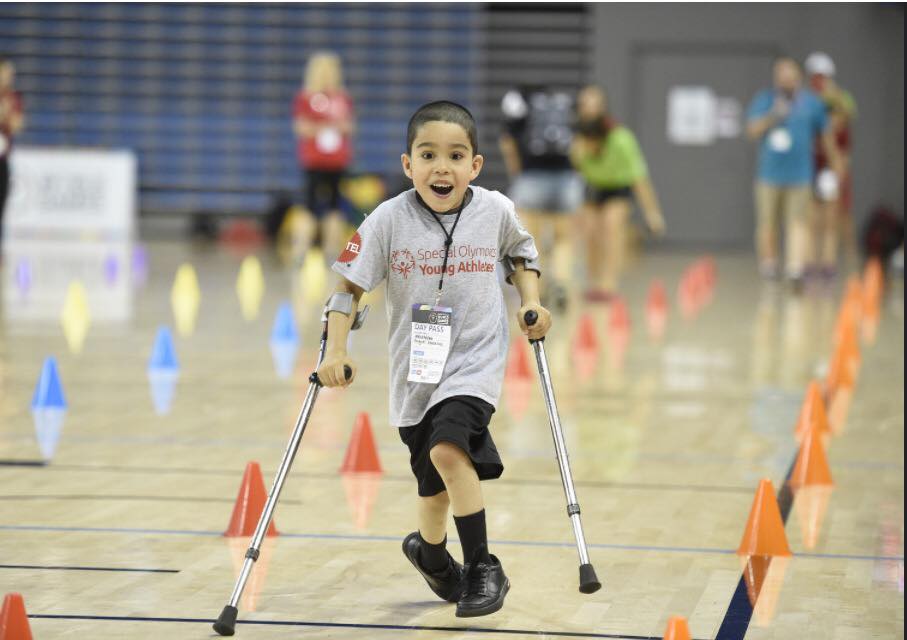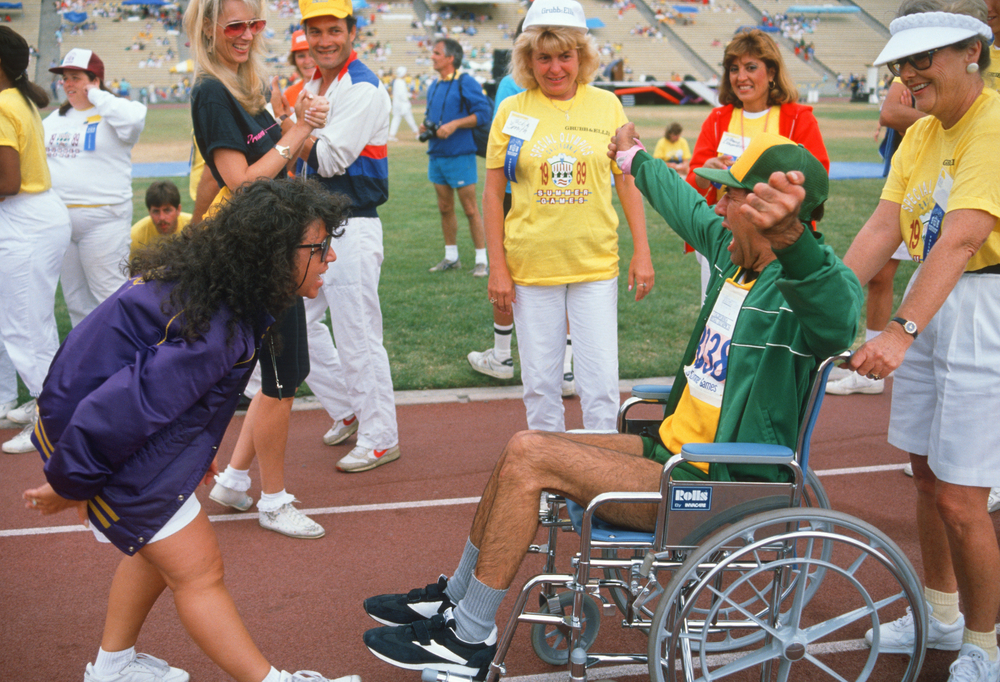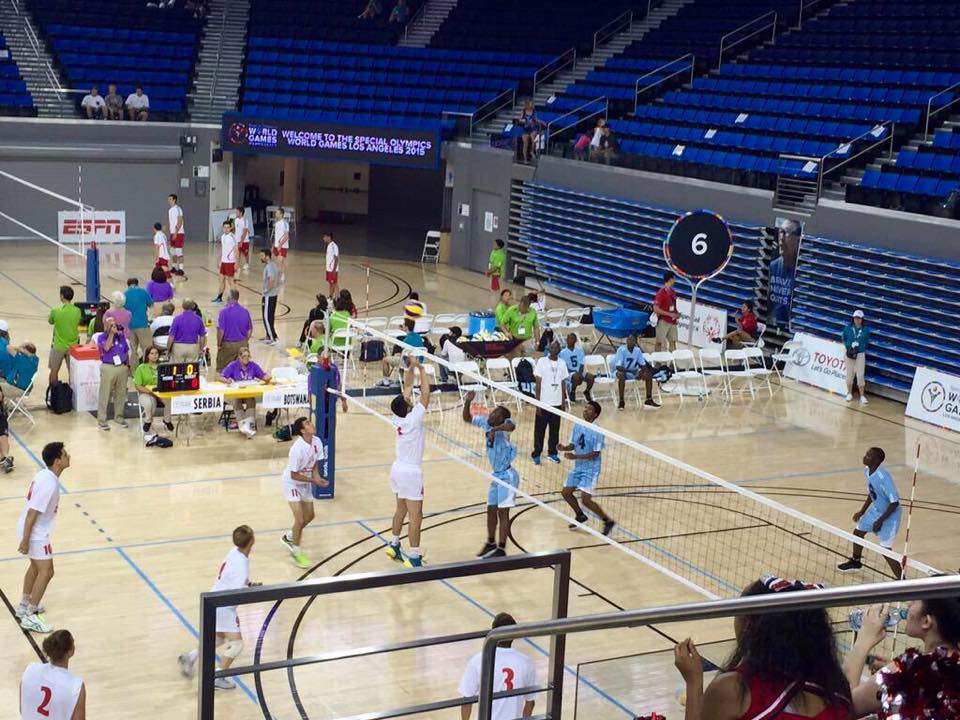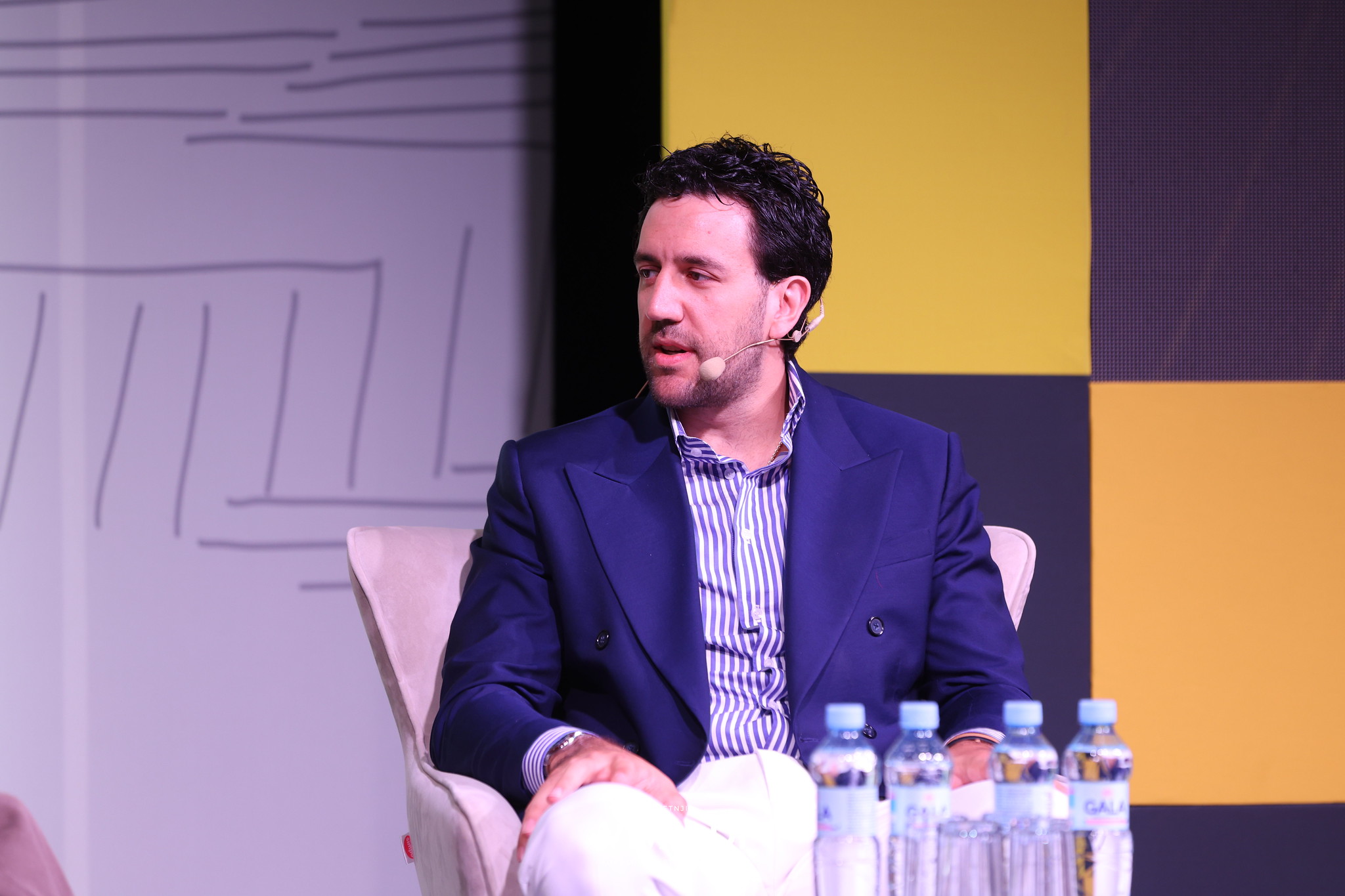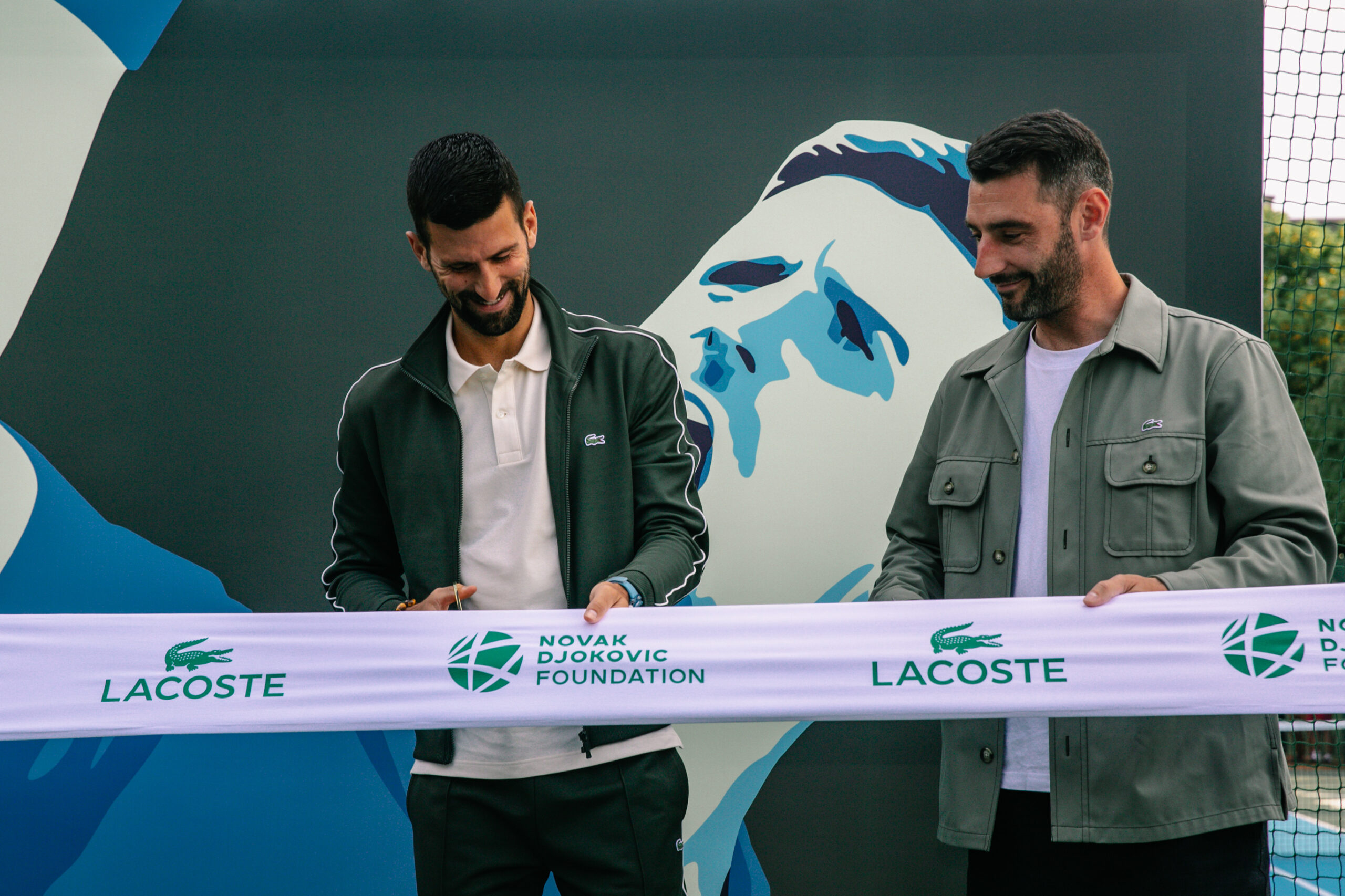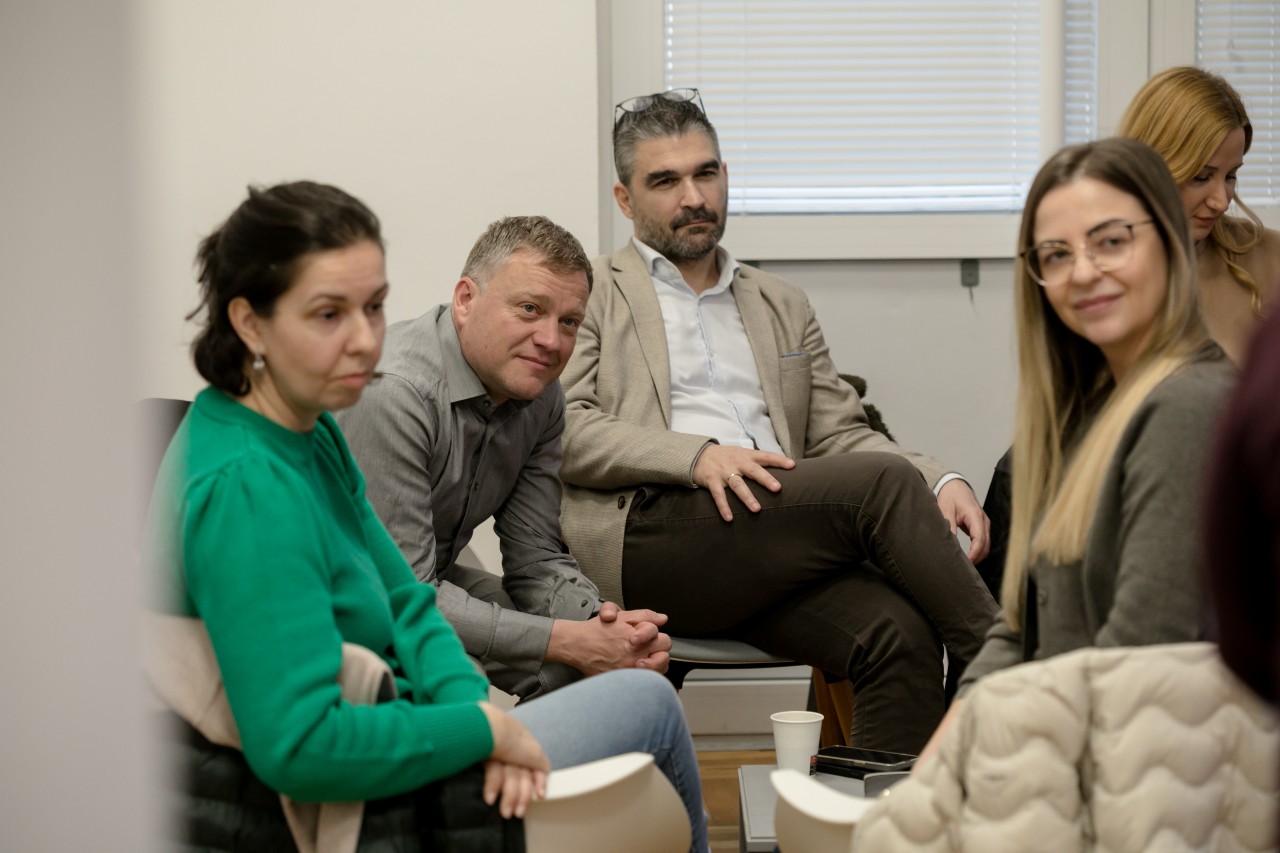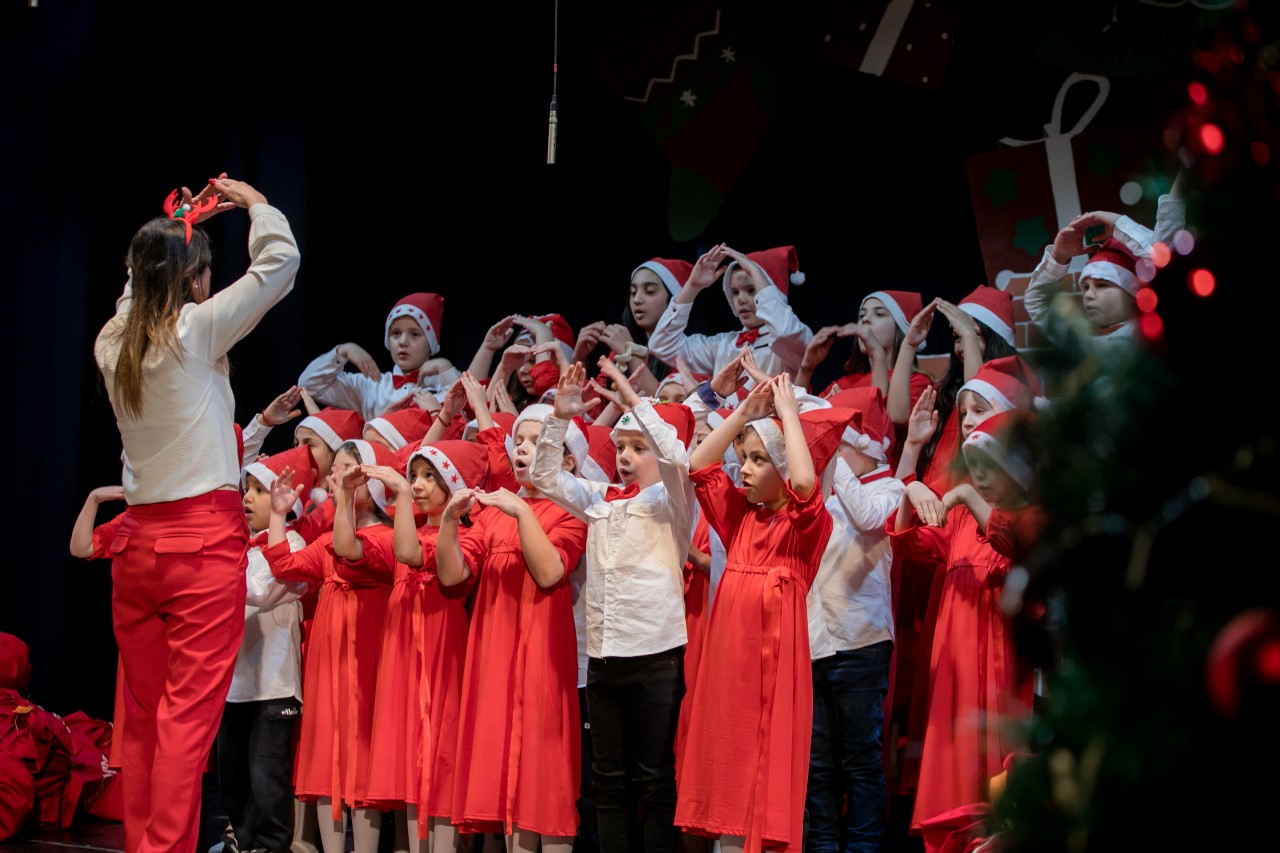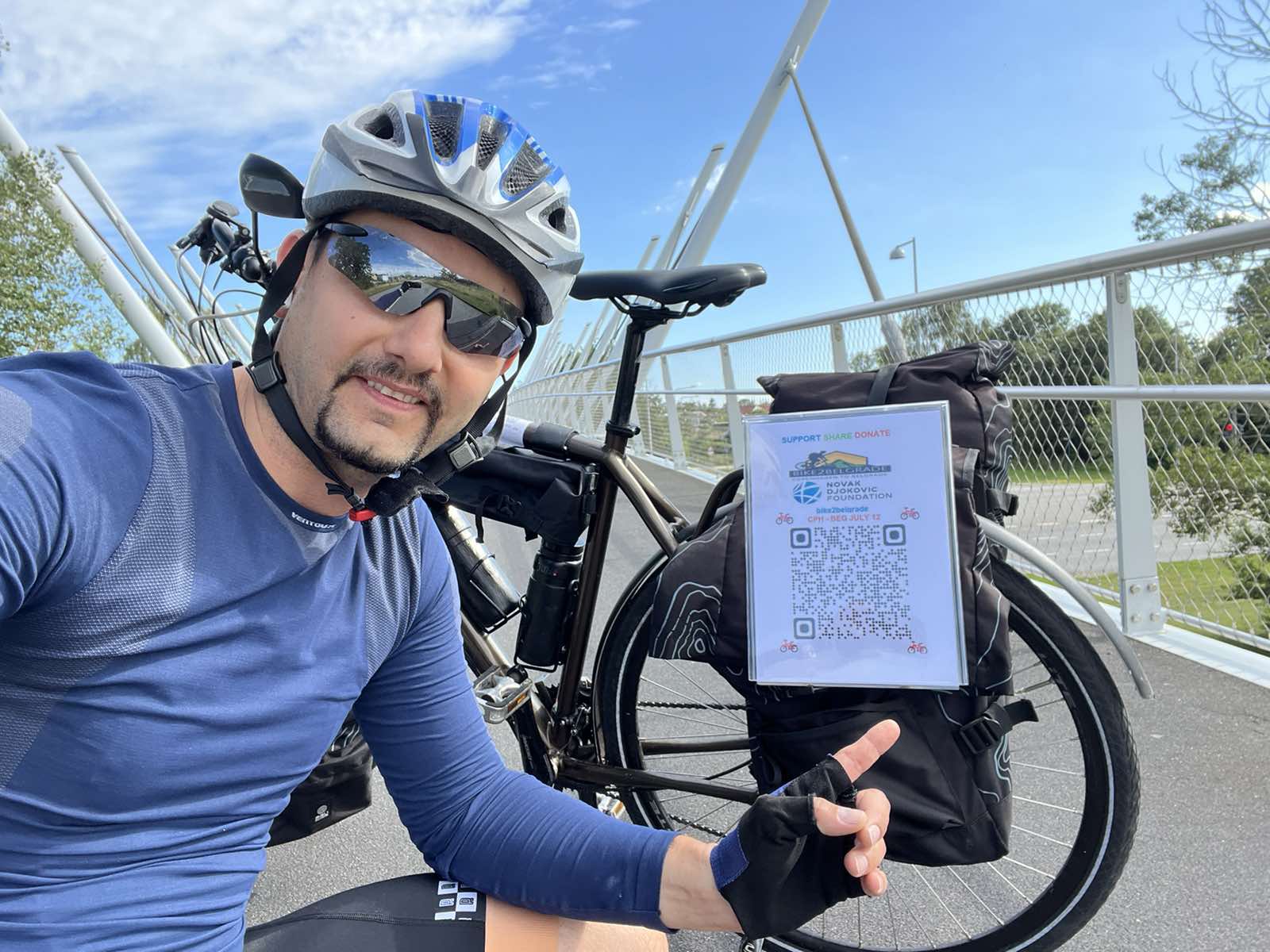Thanks to the generous support of Novak Djokovic, more than a hundred Serbian Special Olympians were able to make the trip and compete in aquatics, athletics, basketball, bocce, football, table tennis and volleyball.
The music and cheering has just begun to fade from Sunday’s closing ceremonies for the 2015 Special Olympics World Games. Along with the athletes, staff, and 30,000 volunteers who helped make the games happen, numerous celebrities lent their star power to promoting the games and generating publicity for the Special Olympics. One of them was the world’s tennis No.1, Novak Djokovic.
Djokovic’s involvement in the Special Olympics movement dates back to 2010 when, as a rising tennis star, he visited the Special Olympics Centre in Monte Carlo and sponsored the European Soccer Special Olympics Championship. This past April, during the Monte-Carlo Rolex Masters April 11-19, 2015 at the Monte-Carlo Country Club, Djokovic played in a fundraising exhibition match to support Special Olympics Monaco.
Perhaps Djokovic’s biggest impact came from his donation of RSD 3 million (about $28,000 US) to help cover travel expenses for the Serbian Special Olympic team. This helped make it possible for the team to fly to Los Angeles and participate in the 2015 Special Olympics World Summer Games. More than a hundred Serbian Special Olympians were able to make the trip, and compete in aquatics, athletics, basketball, bocce, football, table tennis and volleyball. The Serbian team ended up winning medals in all categories, including taking home the gold in events like women’s shotput, table tennis (doubles), football, women’s freestyle swimming, men’s breaststroke swimming, and the men’s 100m run.
The History of the Special Olympics
The roots of the Special Olympics movement date back to 1962, when Eunice Kennedy Shriver hosted a camp where young people with intellectual disabilities could engage in sports and outdoor activities. As director of the Joseph P. Kennedy Jr. Foundation, which researched intellectual disability, Shriver influenced her brother, President John F. Kennedy, to make issues relating to intellectual disability a higher priority for his administration. The expansion of her day camp program led to the first Special Olympics Summer Games being held in Chicago, in 1968. Since then, the movement has become international and has grown to include more than 4.5 million athletes in 170 countries. Today, there are more than 94,000 Special Olympics games and competitions around the world every year.
The World Games represent the culmination of those events. This year’s event was the most diverse and competitive Special Olympics yet, with 7,000 athletes with intellectual disabilities representing 177 countries in 25 different events. The history of the Special Olympics, and the remarkable individual achievements of Special Olympics athletes, attest to the truth of Novak Djokovic’s statement that:
Many things are possible if we only believe in ourselves and work hard to fulfill our dreams.
Athletes with Intellectual Disabilities Fulfill Lifelong Dreams at the Special Olympics
The athletes with intellectual disabilities who compete in the games, both children and adults may never become household names, or earn the kind of money top professional athletes command, but the mission of the Special Olympics is to celebrate the abilities and accomplishments of these athletes who otherwise often struggle to achieve acceptance, inclusion, or simply visibility.It helps them fulfill personal goals and lifelong dreams while making their effort and personal goals worthwile.
The Special Olympics athletes who participated in the 2015 World Games made it clear how exciting, meaningful and fun the event was for them. Syrian athlete Anwar Smaka, who won two gold medals in roller-skating, said the applause made him feel “like the champion of the world.” Cyclist Patrick Yerman called the World Games a “once-in-a-lifetime opportunity“ that encourages him to stay focused on “doing the best I can with what I do have, not with what I don’t have.” Tennis player Julian Hall summed up his feelings about competing by saying simply, “It’s the thing I love to do.”
In the age of social media, the star power of professional athletes like Novak Djokovic can give a huge boost to various causes and events, helping them gain exposure and raise awareness. Campaigns like the immensely successful ALS Ice Bucket Challenge have taken off thanks in part to the notoriety of celebrity participants.
Novak Djokovic has said that realizing his own childhood dream of becoming a top tennis player inspired him to want to help children in his native Serbia do the same, and his support for the Special Olympics will not surprise anyone who has followed the activities of the Novak Djokovic Foundation. The Foundation works to help children from disadvantaged communities in Serbia, and while it focuses on pre-school education, past projects have included building schools and sports facilities, providing classroom furniture, books, textbooks and toys, winter clothing and shoes for children, and even supporting the study of childhood brain development. All of these activities are geared towards providing children with opportunity and support so that none are marginalized or forgotten. With this kind of inclusiveness as a core value, the Foundation reflects the same concern for marginalized people that originally sparked the creation of the Special Olympics.

